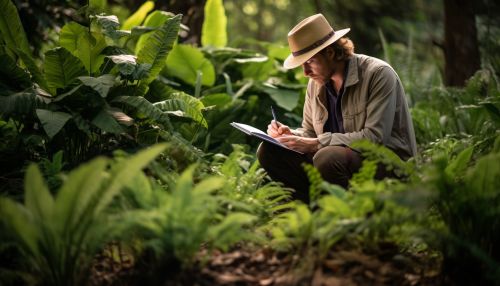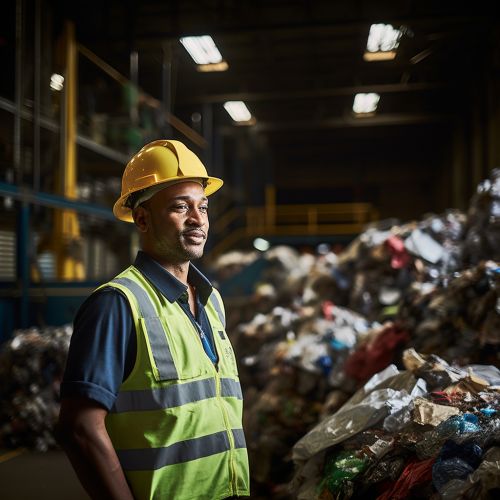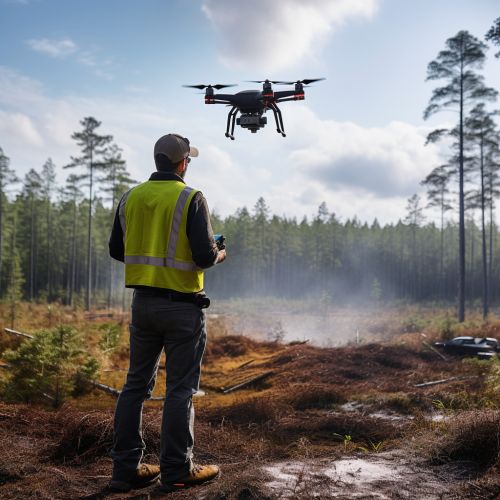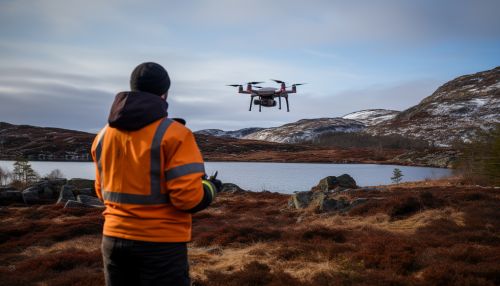Environmental consulting
Overview
Environmental consulting is a form of compliance consulting, in which the consultant ensures the client maintains an appropriate measure of compliance with environmental regulations. There are many types of environmental consultants, but the two main groups are those who enter the field from the industry side, and those who enter the field from the environmentalist side.
History
The environmental consulting sector emerged in the 1980s in response to the growing recognition of the impact of human activities on the environment. This was spurred by a series of environmental disasters, such as the Love Canal incident in the United States and the Bhopal gas tragedy in India, which highlighted the need for greater oversight and regulation of industrial activities.
Types of Environmental Consultants
Environmental consultants can be divided into two main groups: those who enter the field from the industry side, and those who enter the field from the environmentalist side.
Industry Consultants
Industry consultants often have a background in environmental engineering or environmental science. They are typically hired by companies to help them comply with environmental regulations and reduce their environmental impact. Their work often involves conducting environmental impact assessments, developing environmental management systems, and advising on waste management and pollution control.


Environmentalist Consultants
Environmentalist consultants, on the other hand, often come from a background in ecology, biology, or environmental science. They are typically hired by non-profit organizations, government agencies, or community groups to provide expert advice on environmental issues. Their work often involves conducting environmental audits, developing conservation plans, and advising on biodiversity and habitat protection.


Roles and Responsibilities
Environmental consultants have a wide range of roles and responsibilities, depending on their area of expertise and the needs of their clients. However, some of the most common tasks performed by environmental consultants include:
Environmental Impact Assessments
Environmental consultants often conduct Environmental Impact Assessments (EIAs) to evaluate the potential environmental effects of a proposed project or development. This involves identifying and assessing the potential environmental impacts, proposing mitigation measures, and preparing an EIA report.
Environmental Audits
Environmental audits are another common task performed by environmental consultants. These audits involve assessing a company's compliance with environmental regulations, identifying areas of non-compliance, and recommending corrective actions.
Environmental Management Systems
Many environmental consultants help companies develop and implement Environmental Management Systems (EMSs). An EMS is a set of processes and practices that enable a company to reduce its environmental impacts and increase its operating efficiency.
Waste Management and Pollution Control
Environmental consultants often advise companies on waste management and pollution control. This can involve developing waste management plans, advising on waste disposal methods, and implementing pollution control measures.


Challenges and Opportunities
The field of environmental consulting faces several challenges, including the complexity of environmental regulations, the need for interdisciplinary expertise, and the pressure to balance environmental protection with economic development. However, it also offers numerous opportunities for innovation and growth, particularly in areas such as sustainable development, climate change adaptation, and environmental technology.
Challenges
One of the main challenges faced by environmental consultants is the complexity of environmental regulations. These regulations can vary widely from one jurisdiction to another, and keeping up with changes and updates can be a daunting task.
Another challenge is the need for interdisciplinary expertise. Environmental issues often involve complex interactions between various natural and human systems, and understanding these interactions requires knowledge and skills from a wide range of disciplines.
Finally, environmental consultants often face pressure to balance environmental protection with economic development. This can be a difficult balancing act, particularly in cases where environmental protection measures could potentially impact jobs or economic growth.
Opportunities
Despite these challenges, the field of environmental consulting also offers numerous opportunities for innovation and growth. One of the key areas of opportunity is sustainable development, which involves finding ways to meet human needs while preserving the environment for future generations.
Another area of opportunity is climate change adaptation. As the impacts of climate change become increasingly apparent, there is a growing demand for expertise in adapting to these changes.
Finally, the field of environmental technology offers numerous opportunities for environmental consultants. This includes technologies for monitoring environmental conditions, reducing pollution, conserving resources, and promoting renewable energy.


Future Trends
The field of environmental consulting is likely to continue evolving in response to emerging environmental challenges and opportunities. Some of the key trends that are likely to shape the future of the field include the increasing importance of sustainability, the growing focus on climate change adaptation, and the rapid advancement of environmental technology.
Sustainability
Sustainability is likely to become an increasingly important focus for environmental consultants. This involves not only reducing environmental impacts, but also finding ways to create value and improve quality of life while preserving the environment for future generations.
Climate Change Adaptation
As the impacts of climate change become increasingly apparent, there is likely to be a growing demand for expertise in climate change adaptation. This could involve helping communities and businesses adapt to changes in weather patterns, sea levels, and other environmental conditions.
Environmental Technology
The rapid advancement of environmental technology is likely to have a major impact on the field of environmental consulting. This could involve the use of advanced monitoring and modeling tools, the development of innovative pollution control technologies, and the promotion of renewable energy and resource conservation.


